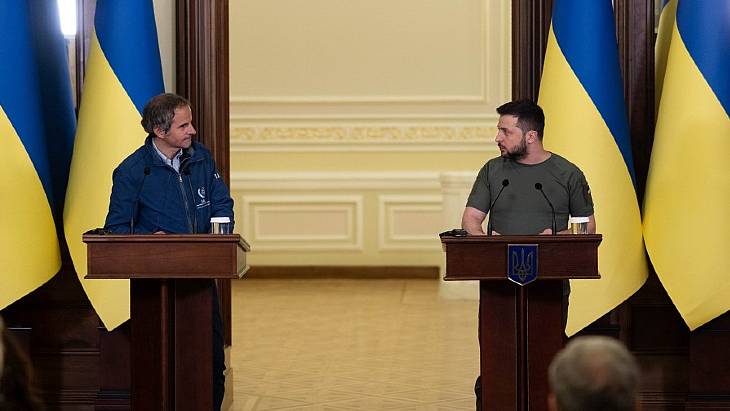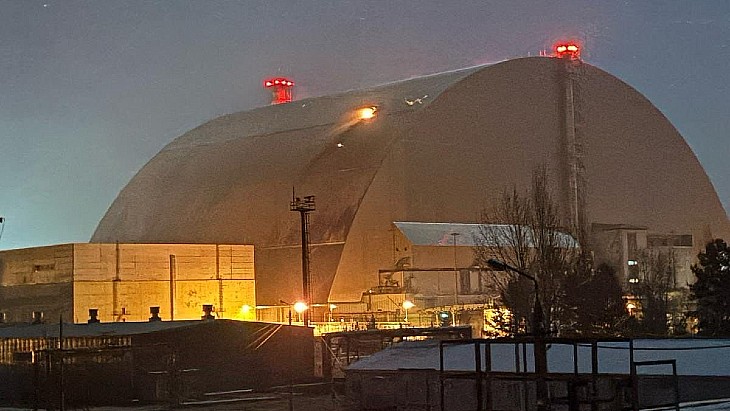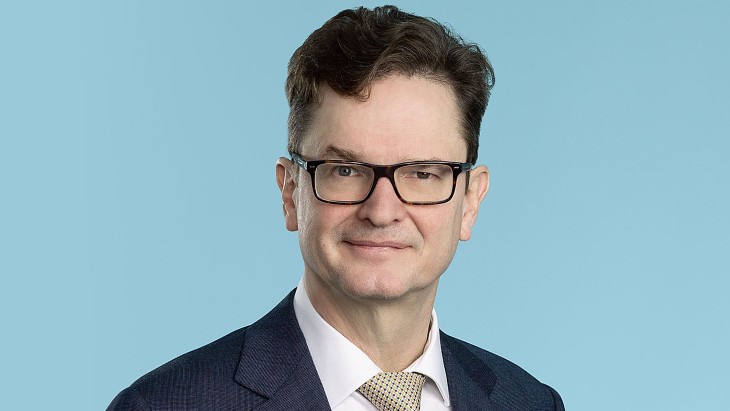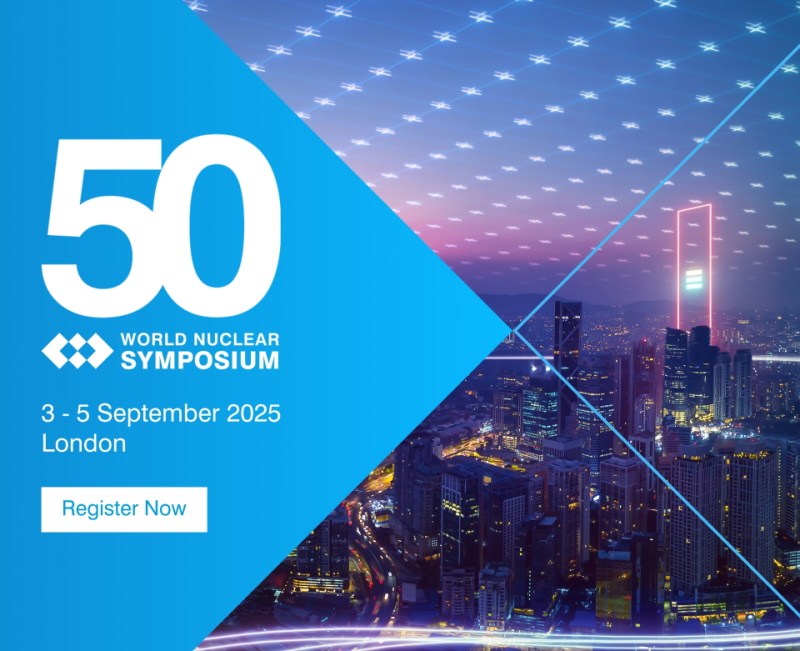In the interview with the Associated Press he said the situation was "not sustainable as it is … so this is a pending issue. This is a red light blinking".
The Zaporozhe nuclear power plant is being operated by Ukrainian staff, but under the control of Russian military forces.
Grossi, who is in Ukraine at the head of an IAEA mission that began work at Chernobyl on Tuesday, told AP: "Understandably, my Ukrainian counterparts do not want the IAEA inspectors to go to one of their own facilities under the authority of a third power.
"I had a long conversation about this with President Zelensky last night and it’s something that will still require consultations. We are not there yet."
He told AP that the IAEA had asked the Russian government for access to the Zaporozhe plant and he said he would be meeting with the Russian side "soon".
Grossi also said he would renew his message about the urgent need to avoid military action in the vicinity of nuclear power plants, after Ukraine said that Russian cruise missiles had passed over nuclear power plants.
Ukraine's President, Volodymyr Zelensky, speaking after the meeting with Grossi, said that Russia's military action, including at Chernobyl and Zaporozhe, had posed a "large-scale threat to nuclear security" and said "we hope for the full support of the IAEA and the entire international community in our efforts to ensure nuclear safety in Ukraine, in Europe".
On Tuesday, Grossi told workers at Chernobyl - which was under Russian occupation from 24 February until their withdrawal on 31 March: "We do not only have respect for you, we have admiration for you because you did exactly what you were expected to do. You showed professionalism, courage, and of course, patriotism. But you did the right thing so don’t worry, we are here, the IAEA is going to stay."
The director general was updated on the current nuclear safety and regulation situation on Tuesday by senior officials from Chernobyl SSE, Energoatom and the State Nuclear Regulatory Inspectorate of Ukraine.
He said the IAEA and Ukraine had "agreed to set up a working group on Chernobyl to coordinate IAEA assistance and support to staff who are working hard to keep Ukraine’s nuclear sites safe and secure."
Grossi added that he had assured the Ukrainian president that "the IAEA will continue to support Ukraine".
The latest updates from Ukraine show that the four nuclear power plants continue to operate within safe limits, with seven of the country’s 15 reactors connected to the grid. The remaining eight are shut for regular maintenance or being held in reserve.
Work is continuing at Chernobyl to try to reinstate the remote monitoring feeds to the IAEA, that were lost during the Russian occupation. The equipment the IAEA team took with it included radiation detectors, spectrometers and personal protective clothing.
Spectrometers assess the level and type of radiation in the environment, and ones carried in backpacks with GPS mapping capabilities were provided designed for users to be able to focus on walking safely around while surveying an area.
Carlos Torres Vidal, director of the IAEA Incident and Emergency Centre, said that all the equipment being provided "can be operational within minutes and can immediately support the staff of Chernobyl to fulfil their nuclear safety and security tasks".
The acting director general of the Chernobyl NPP, Valery Seida, provided a list of nine urgent tasks that needed to be tackled as soon as possible, including ensuring the protection of Chernobyl from unmanned aerial vehicles and "demining and disposal of ammunition".
Grossi said the IAEA would work on the all the points raised.









_96167_68292.jpg)


